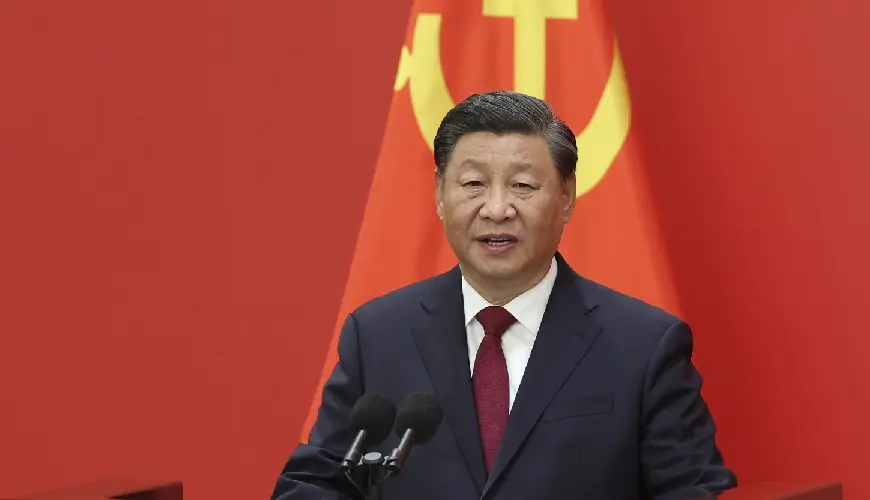
December Marks Peak Foreign Outflows from China Stocks in 2023
Amid escalating geopolitical tensions and a challenging year overall, Chinese stocks experienced their highest monthly outflows from global long-only funds in December 2023.
According to a report from Morgan Stanley's quantitative research team released on Tuesday, both China and Hong Kong equities witnessed a combined net outflow of $3.8 billion from active long-only managers last month, marking the third-largest monthly outflow on record.
Morgan Stanley analysts, led by Gilbert Wong, attributed the outflows to a combination of investor redemptions from equity funds and portfolio managers' efforts to deepen their underweight positions on China.
China and Hong Kong stocks concluded 2023 as the poorest performers among major global indexes, grappling with geopolitical risks, a sluggish economic recovery, and policy uncertainties. The benchmark blue-chip CSI300 Index in China plummeted by 11%, while Hong Kong's Hang Seng Index saw a significant decline of 14%.
Despite Beijing's introduction of various measures aimed at economic stimulus in recent months, analysts remain skeptical about their ability to restore market confidence.
Morgan Stanley highlighted that European fund managers were adjusting their portfolios to align their underweight positions on China with those of their US counterparts.
Out of the $3.8 billion outflow recorded in December, $2 billion stemmed from investor redemptions from funds, while the remainder was attributed to fund managers rebalancing out of the country, as per the investment bank's analysis.
In terms of individual stocks, Tencent Holdings, Alibaba Group Holdings, Kweichow Moutai, and Netease saw the highest additions in weight, while JD.com, Yum China Holdings, and AIA were among the most sold, according to Morgan Stanley.
In contrast to long-only funds, long-short equity funds appeared more optimistic about Chinese stocks in December. UBS's prime brokerage team noted that hedge funds showed increased interest in Chinese equities toward the end of 2023, speculating on a potential stimulus surprise and actively capitalizing on market dips.
